Dead Men with Ideas
Name in Stone
Vespasian was not born in gold or myth, but in the dust of the Sabine hills. The son of a tax collector and a landowner, he knew the price of every coin and the smell of every cesspit. While other emperors played gods and actors, he handled the bookkeeping of chaos.
In 69 CE, when the empire went insane and burned through four emperors in a single year, he was the one who grabbed the helm. The House of Flavius was founded not on epic poetry but on an expense report.
Dust of Biography
In Britain, he drowned Celts in the marshes. In Judea, he crushed revolt as routinely as grapes are crushed for wine. In Lycia and Cilicia, he did the impossible: he shut down pirate “startups” with their maritime networks and ransom economy, turning the sea from an open server into a branch office of imperial accounting.
In Seleucia Pieria (today in the Hatay region), he ordered a mountain cut open for a tunnel a kilometer and a half long. Why? So the waters would no longer silt up the harbor. So that the elements would flow according to an algorithm. The mountain was hacked, the rain rewritten. Local workers and Jewish captives carved the rock with bare hands, as if coding reality in the language of pickaxes.
Ideas That Haunt Us
The sea can be monetized. Pirates knew it first, but Vespasian made it official: the sea belonged to the empire, every bay had its price.
Nature is just a bug to be fixed. The mountain in the way? Cut a tunnel. Water silting up the harbor? Redirect the stream.
Money doesn’t stink. Even if it comes from urine. Especially if it comes from urine. Not just an aphorism — a software update for civilization itself.
Order = tax + road. Everything else is secondary.
Shadows on the Edge of the Mind
Vespasian feels too modern to remain in marble. He was the first CEO of Empire, who understood that chaos shouldn’t be destroyed, but connected to the network.
The pirates of Olympos were replaced by the hotels of Olympos. The tunnel of Seleucia became the ancestor of data centers, where water and light race through channels. And the public toilet, where he began his tax revolution, turned into the perfect metaphor for the entire internet: a stream of waste that still brings profit.
In every airport of Antalya and Mersin, there is a piece of Vespasian — order sold by the square meter, where even the breath of the sea is included in the price tag.
How Did We Get Here?
You can find Vespasian in the ruins of Seleucia Pieria — in the tunnel, where the mountain still bears its carved wound.
In Olympos and Phaselis — in the silence of bays, where there are no longer ships with skulls on their sails or slaves in chains.
In every museum hall of Turkey — in the busts with the face of a peasant who accidentally became immortal.
And yes, in every public toilet where coins jingle, he is still there, smirking in the dark: money doesn’t stink, even if history itself has long since rotted.
#VoiceOfRuins #DeadMenWithIdeas #Vespasian #Rome #Lycia #Cilicia #Antalya #Mersin #Hatay #Olympos #Phaselis #Seleucia








Our Telegram-channel: Voice Of Ruins https://t.me/Voice_Of_Ruins
Our Instagram: Voice Of Ruins https://www.instagram.com/voiceofruins/
Our group on Facebook: Voice Of Ruins https://www.facebook.com/share/g/16aitn9utM/
Our site: Voice Of Ruins https://www.voiceofruins.org

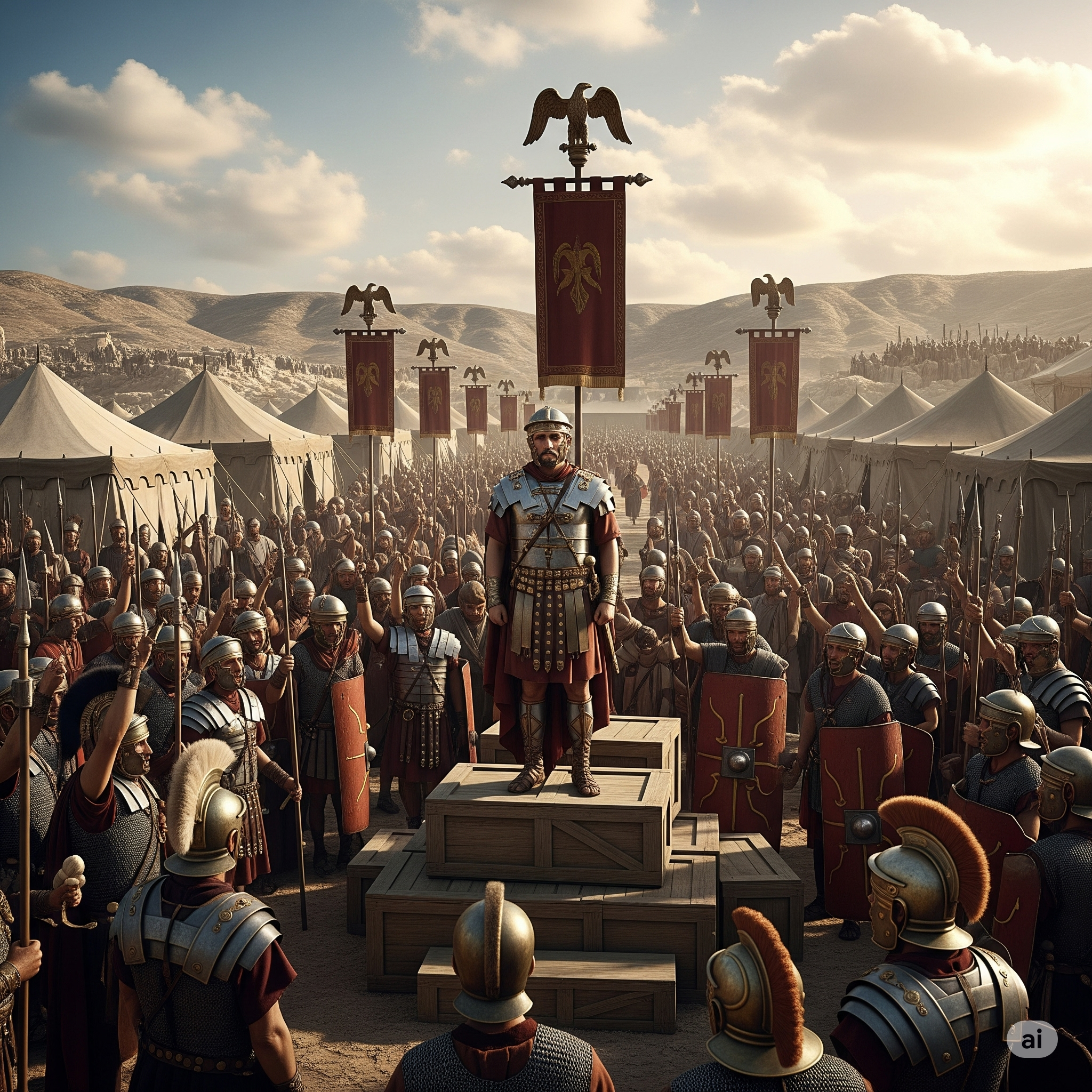
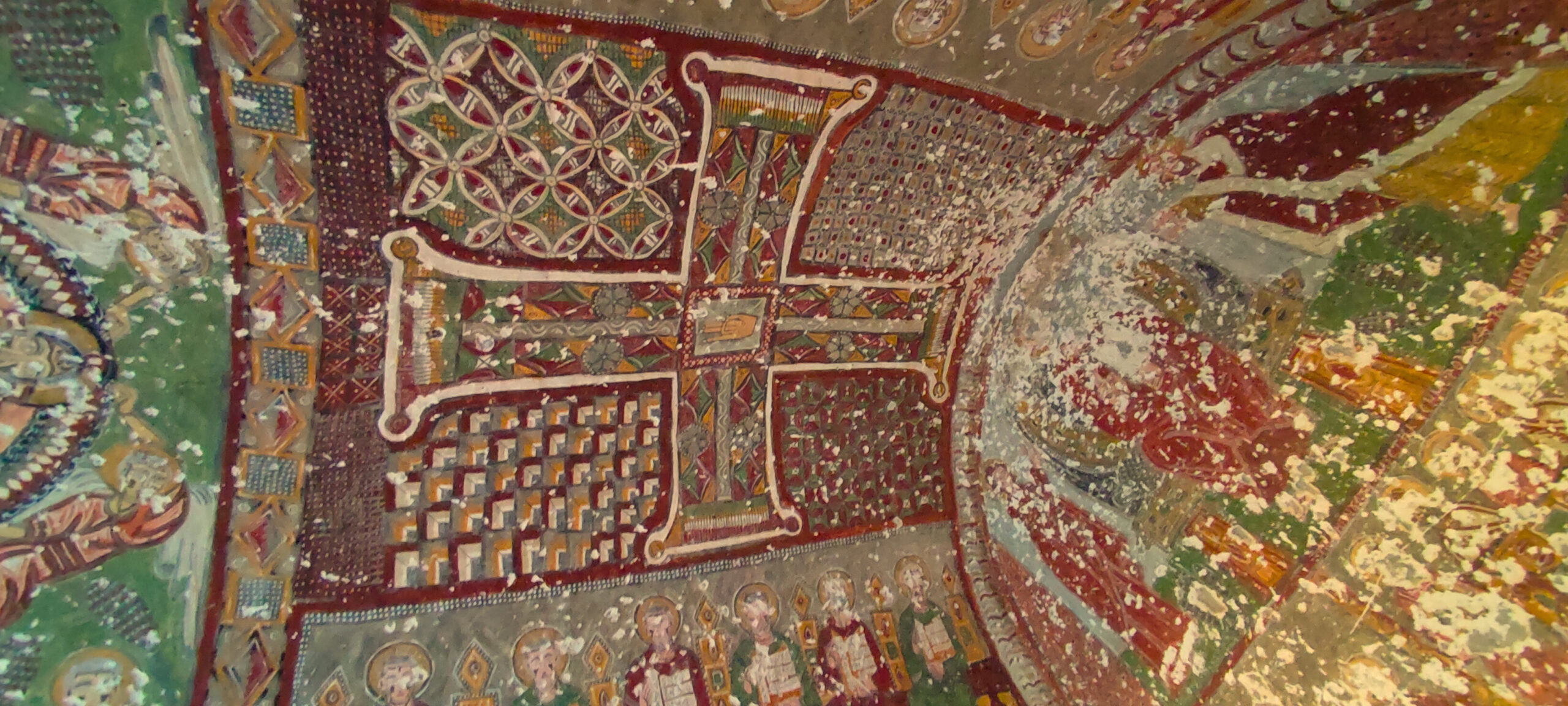
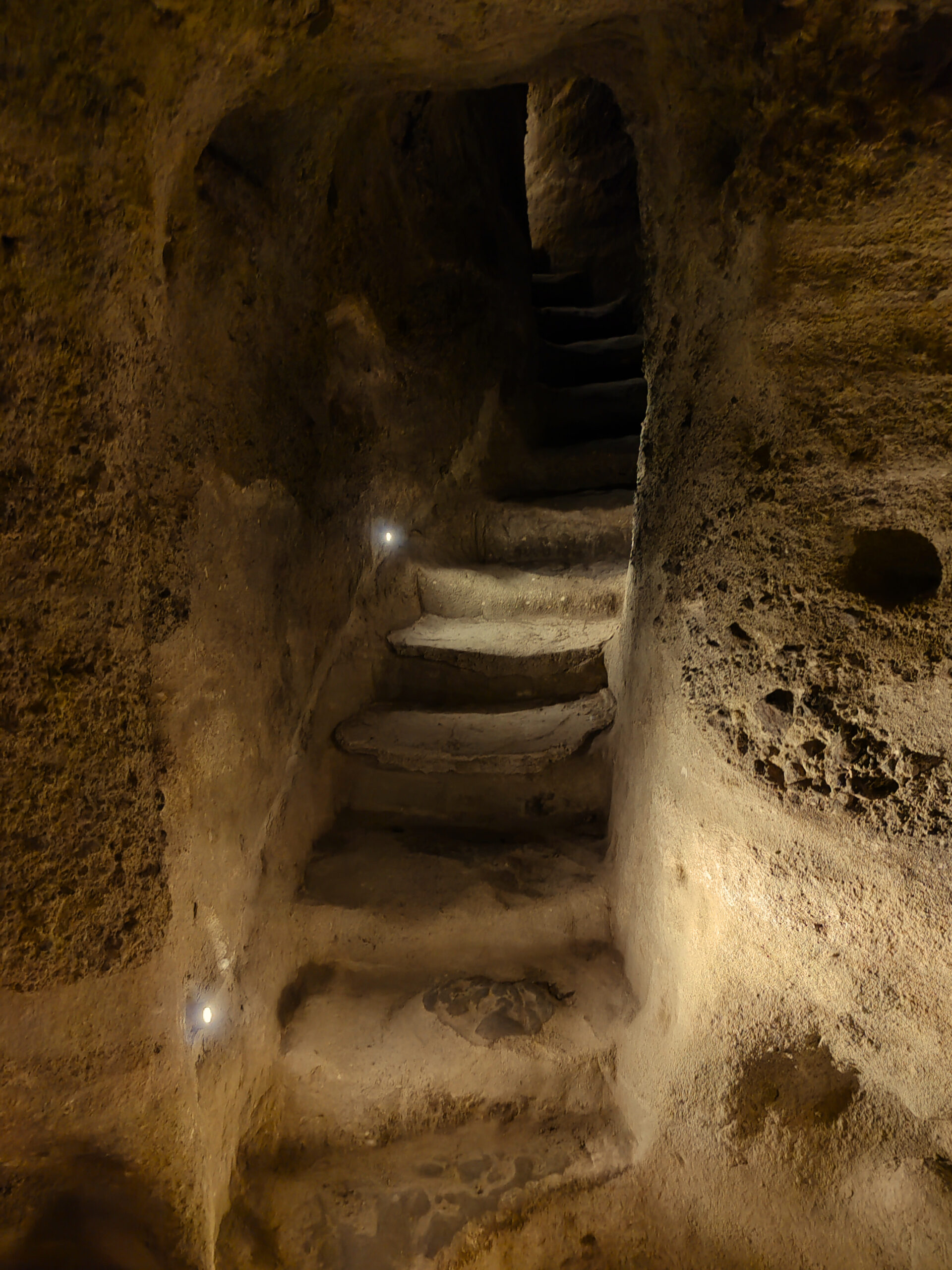
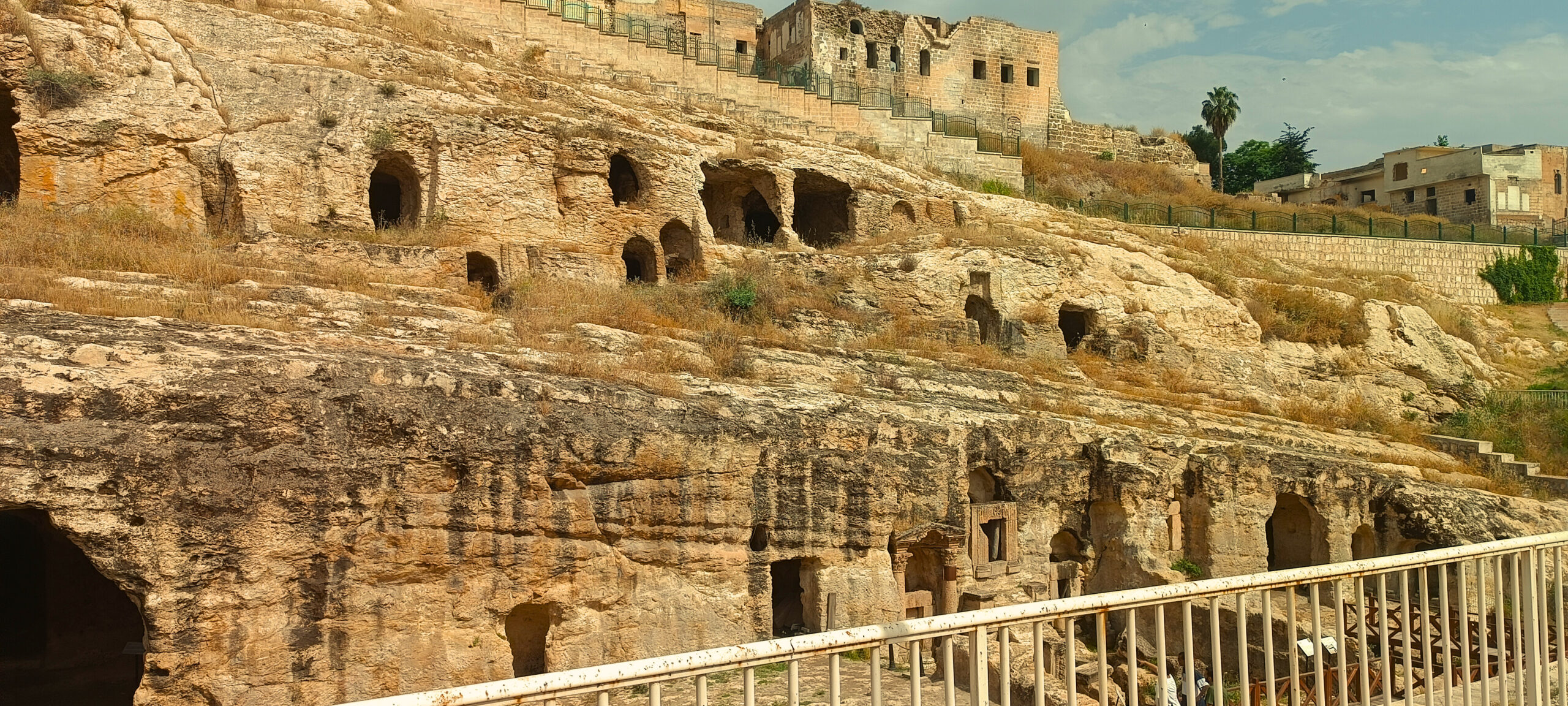
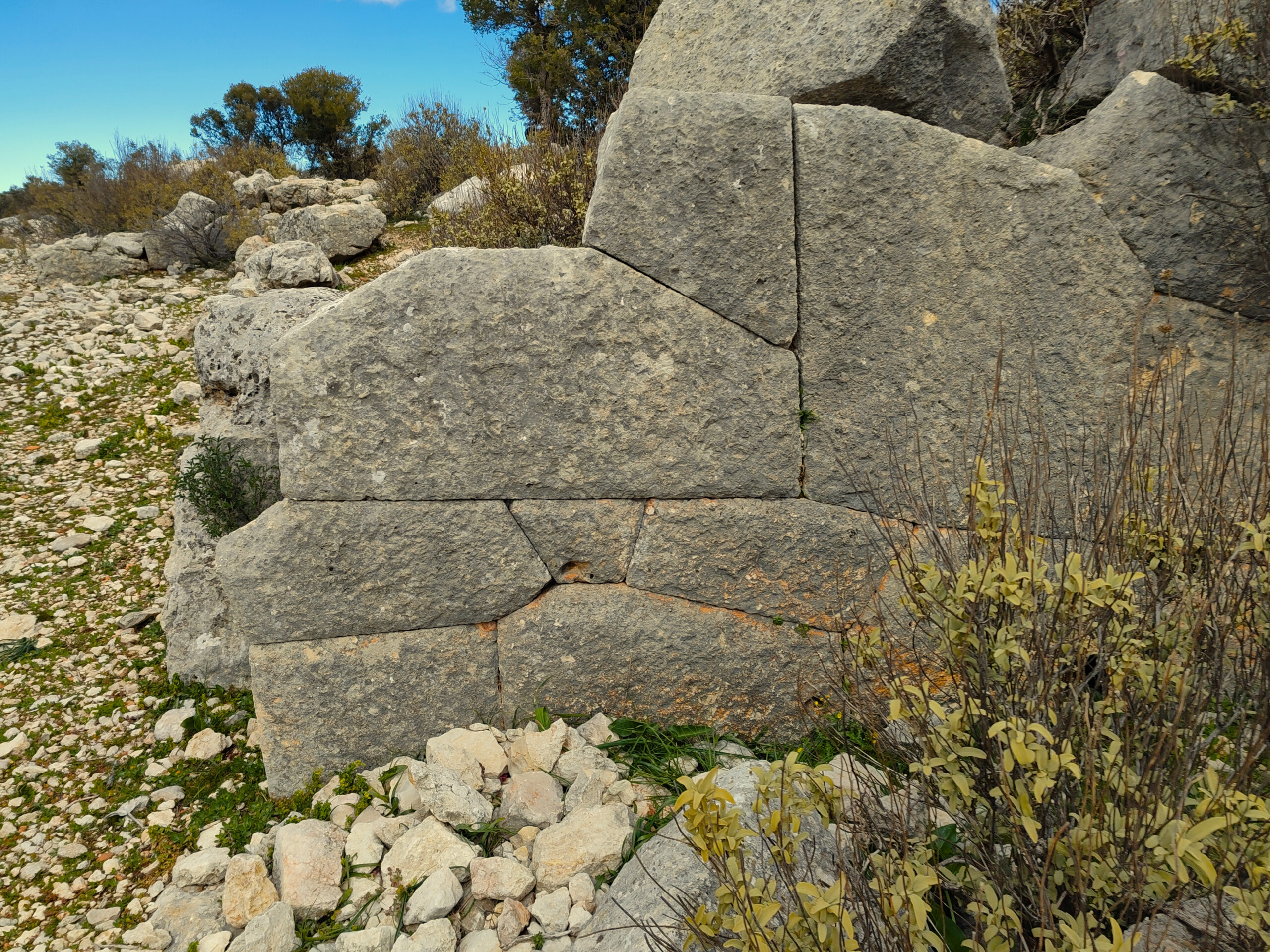
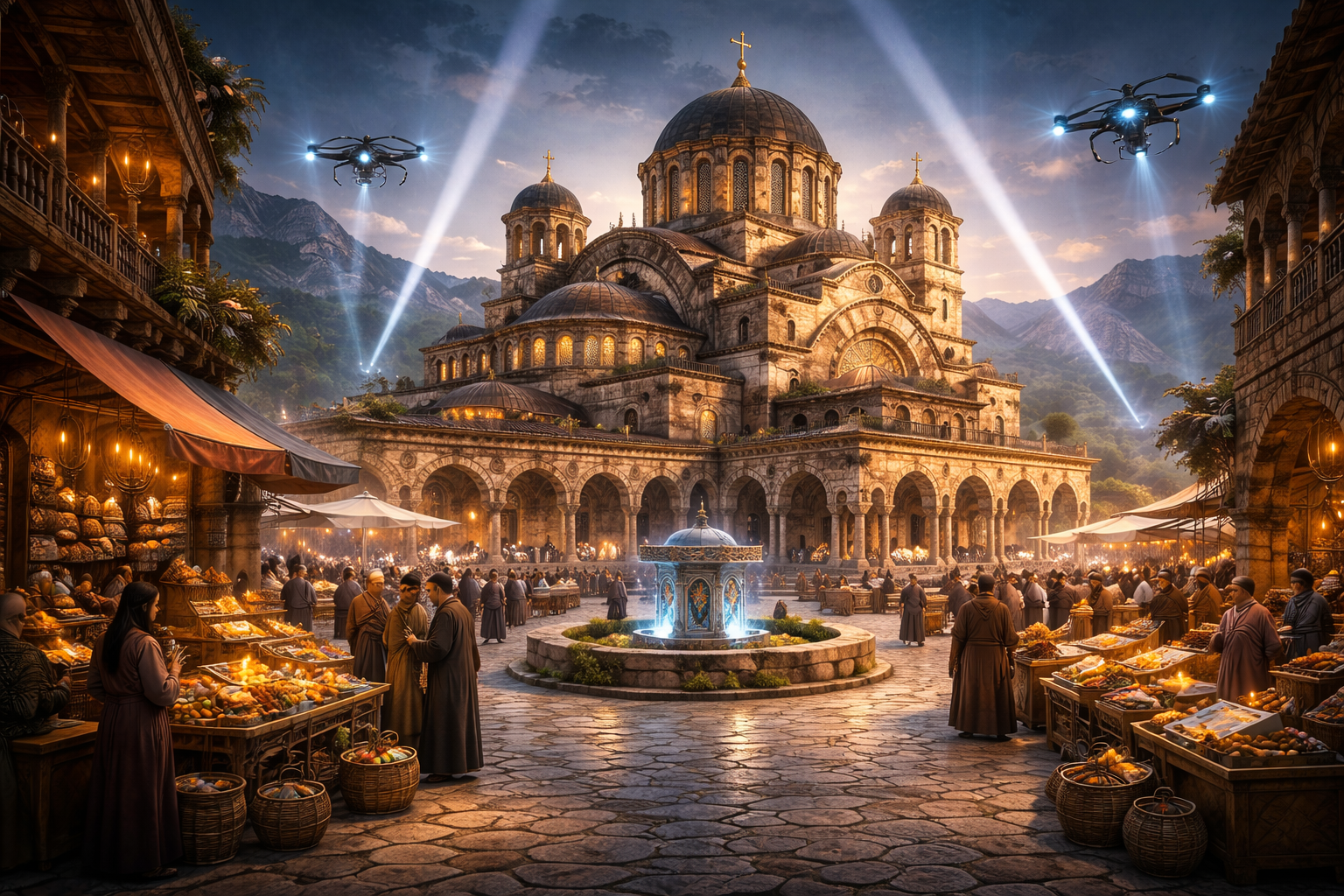


Leave a Reply